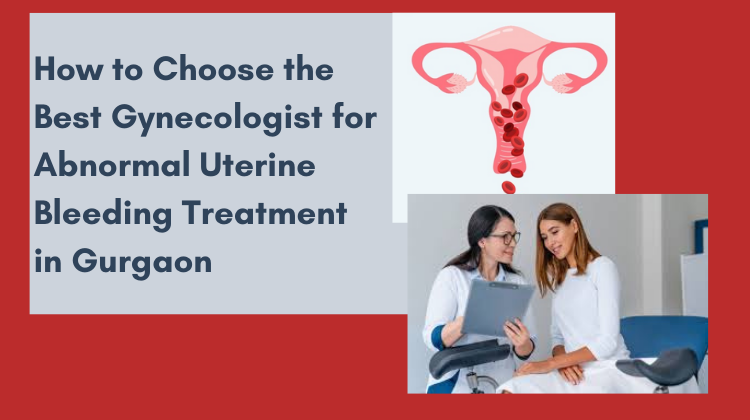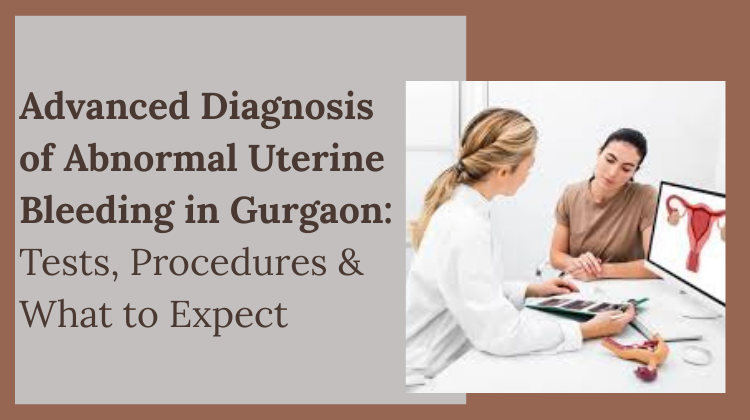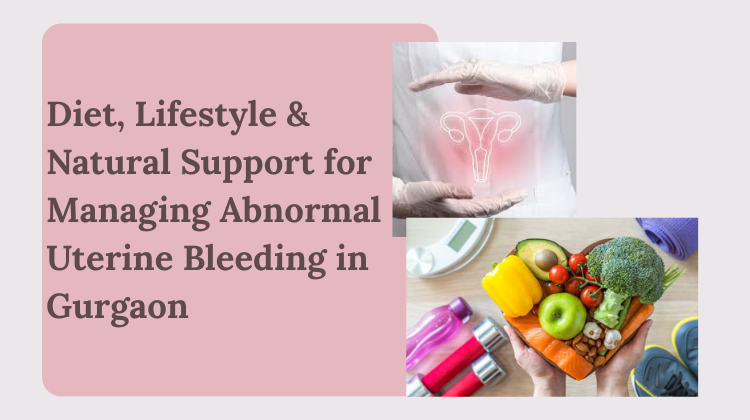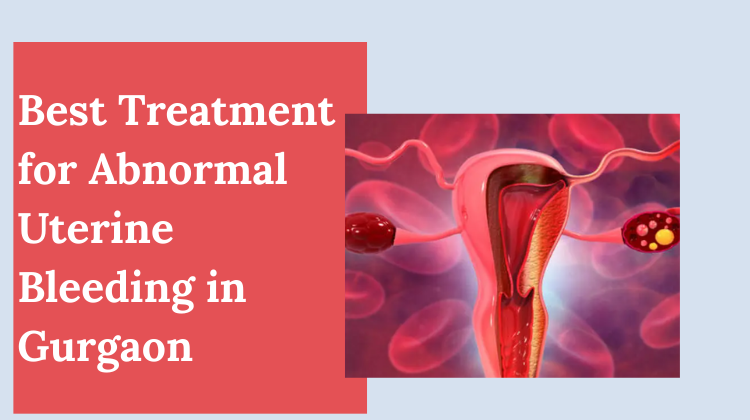How Does Fertility Get Affected by Polycystic Ovary Syndrome (PCOS)
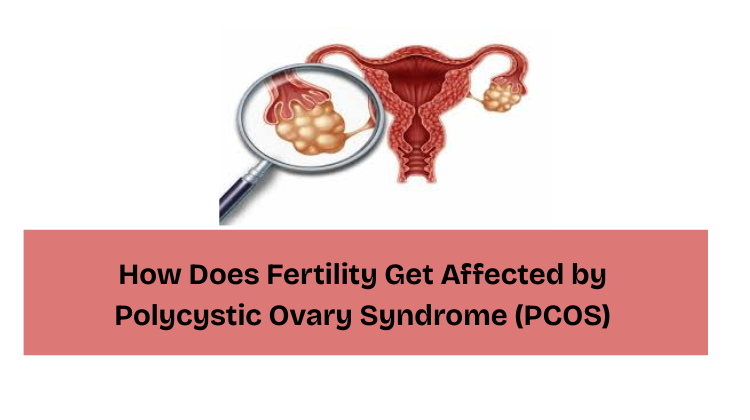
Polycystic Ovary Syndrome (PCOS) is one of the most common hormonal disorders affecting women of reproductive age. While it can impact many aspects of a woman’s health — from metabolism to menstrual cycles — one of the most significant concerns is its effect on fertility.
Understanding how PCOS affects ovulation and conception is the first step toward managing it effectively and improving the chances of a healthy pregnancy.
What Is PCOS?
Polycystic Ovary Syndrome (PCOS) is a hormonal condition in which the ovaries produce higher-than-normal levels of male hormones (androgens). This hormonal imbalance interferes with the growth and release of eggs during a woman’s menstrual cycle.
As a result, small fluid-filled sacs (cysts) may form in the ovaries, and ovulation may not occur regularly, which is a key reason for fertility problems in women with PCOS.
How PCOS Affects Fertility
PCOS can impact fertility in several ways, mainly by disturbing the natural ovulation process. Here’s how:
1. Irregular Ovulation
For pregnancy to occur, an egg must be released from the ovary and fertilized by sperm. In PCOS, hormonal imbalances prevent this regular release of eggs, leading to infrequent or absent ovulation.
This irregularity makes it difficult to predict fertile days and reduces the chances of natural conception.
2. Hormonal Imbalance
PCOS causes elevated levels of androgens (male hormones) and insulin resistance, which disrupt the balance of reproductive hormones such as estrogen, FSH, and LH.
This imbalance affects the maturation of eggs and the overall menstrual cycle, creating an environment that’s less favorable for conception.
3. Poor Egg Quality
Long gaps between ovulation cycles can affect egg quality, making it more difficult for fertilization or implantation to occur.
4. Endometrial Changes
Irregular cycles can lead to a thickened uterine lining, making it more difficult for an embryo to implant successfully.
5. Insulin Resistance and Weight Gain
Many women with PCOS experience insulin resistance, leading to weight gain, which can further worsen hormonal imbalance and ovulatory dysfunction.
Obesity is known to lower fertility rates, but with proper medical management and lifestyle changes, these effects can be reversed.
Can Women with PCOS Get Pregnant?
Yes — many women with PCOS can conceive naturally or with medical assistance. While PCOS may delay conception, it doesn’t necessarily cause permanent infertility. With the right treatment and care, ovulation can be regulated, and fertility can be restored.
Early diagnosis and management by a fertility specialist are key to improving outcomes.
Treatment Options for PCOS-Related Infertility
Fertility management in PCOS focuses on restoring ovulation and balancing hormones. Treatment may include:
1. Lifestyle Modifications
- Healthy Diet: Focus on low-sugar, high-fiber foods to manage insulin resistance.
- Regular Exercise: Helps regulate hormones and improve ovulation.
- Weight Management: Losing even 5–10% of body weight can significantly improve fertility.
2. Ovulation Induction Medications
Drugs such as Clomiphene Citrate or Letrozole are often prescribed to stimulate ovulation. These are first-line treatments for women with PCOS who wish to conceive.
3. Insulin-Sensitizing Drugs
Metformin is commonly used to improve insulin sensitivity and regulate menstrual cycles, making ovulation more predictable.
4. Assisted Reproductive Techniques (ART)
If medication alone is not effective, procedures like Intrauterine Insemination (IUI) or In Vitro Fertilization (IVF) may be recommended to help achieve pregnancy.
5. Surgical Options
In certain cases, Laparoscopic Ovarian Drilling (LOD) may be performed to restore ovulation by reducing androgen levels.
Managing PCOS Beyond Fertility
While fertility is a major concern, managing PCOS also involves addressing long-term health risks such as:
- Type 2 diabetes
- Hypertension
- Heart disease
- Endometrial cancer
Regular health checkups and a well-balanced lifestyle are essential in managing and preventing complications of Polycystic Ovary Syndrome (PCOS). Consult Dr. Preeti Rastogi, an experienced gynaecologist in Gurgaon, for expert diagnosis and treatment.
Emotional Impact of PCOS on Fertility
Struggling with infertility due to Polycystic Ovary Syndrome (PCOS) can be emotionally challenging. Feelings of frustration, anxiety, and self-doubt are common. Seeking emotional support, joining support groups, or consulting a counselor can be beneficial during the fertility journey.
It’s important to remember that Polycystic Ovary Syndrome (PCOS) is manageable, and with expert medical guidance, many women go on to have healthy pregnancies.
Why Choose Dr. Preeti Rastogi for PCOS and Fertility Treatment
Dr. Preeti Rastogi, a leading gynecologist and fertility specialist in Gurgaon, offers comprehensive care for women with PCOS.
Her expertise in hormonal management, fertility treatments, and lifestyle counseling ensures that every patient receives a customized approach based on their health profile and reproductive goals.
From diagnosis to conception and pregnancy care, Dr. Rastogi provides compassionate, result-oriented guidance at every stage.
Conclusion
While PCOS can make conception challenging, it does not mean infertility is permanent. With the right medical support, lifestyle changes, and advanced fertility treatments, women with PCOS can achieve successful pregnancies and maintain long-term reproductive health.
If you’re struggling with irregular periods or difficulty conceiving, consult an experienced specialist like Dr. Preeti Rastogi for accurate diagnosis and personalized treatment.
PCOS and fertility | How PCOS affects fertility | PCOS infertility treatment | Can I get pregnant with PCOS | Polycystic Ovary Syndrome | PCOS treatment in Gurgaon | PCOS specialist doctor | Dr Preeti Rastogi | Gynecologist in Gurgaon | Fertility doctor in Gurgaon | PCOS causes and symptoms | Ovulation problems | Hormonal imbalance in women | Weight gain and fertility | PCOS diagnosis | PCOS ovulation treatment | Insulin resistance and PCOS | IVF for PCOS | PCOS pregnancy success | PCOS lifestyle management | Irregular periods and fertility | Women’s hormonal health | Best fertility clinic in Gurgaon | Female infertility | Natural conception with PCOS | Ovulation induction | Laparoscopic ovarian drilling | PCOS-related infertility | Fertility after PCOS treatment
